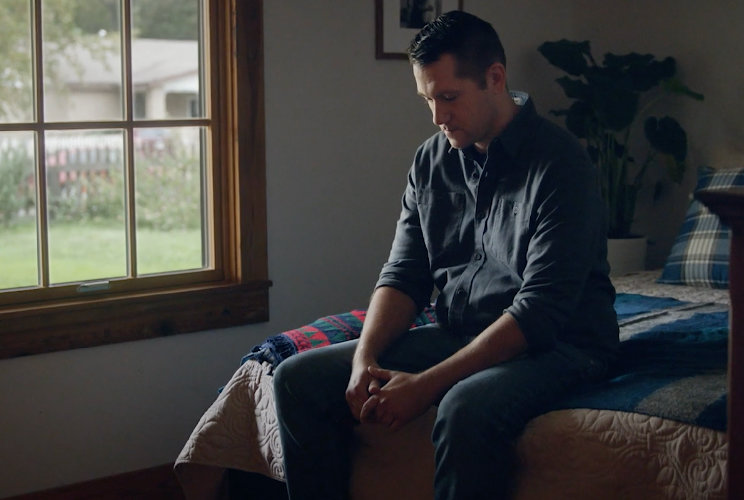
The impact of hidradenitis suppurativa (HS) goes deeper than the skin
Patients with HS may deal with debilitating physical and emotional burdens.1,2 The chronic, systemic, and often progressive nature of the condition may lead to distress, which can impact many aspects of a patient's life, including their career and intimate relationships.1-4 For some patients, helping alleviate the psychosocial burdens of HS is their top priority.5

"I had my biggest flare-ups in my early 20s, and I ended up losing my job because I kept getting flare-up after flare-up."
— Emy, an actual patient with HS
Patients can have an alarmingly poor quality of life
Acute or chronic skin pain is one of the features of HS. Pain often occurs in sensitive anatomical regions, which can impact a patient's ability to perform even the most basic activities of daily living, including walking, sitting, sleeping, using the bathroom, and getting dressed.6-8 Timely referrals to specialists for pain management and mental healthcare may help mitigate these burdens.
You can help patients with the physical and psychological burdens of HS6
Hear insights from healthcare providers with real-world experience managing the physical and psychological impacts of hidradenitis suppurativa.
The healthcare providers featured in these videos were compensated for their time. These videos represent their opinions and do not represent the opinions of Novartis.

"It feels like a stinging, throbbing pain that just doesn't go away."
— Brian, an actual patient with HS

The burdens associated with HS may exacerbate each other
Recurrent or persistent HS can lead to the formation of more lesions and more distress.9 Shame, embarrassment, and impaired sexual health may lead to depression and anxiety.3,10 The embarrassment of HS means patients are less likely to discuss HS with a physician, leading to diagnostic delays.7
Pain |
Odor |
Depression |
Suicide |
Mental Health Deterioration |
Negative Career Impact |
Sexual Health Deterioration |
Isolation
|
